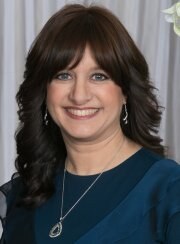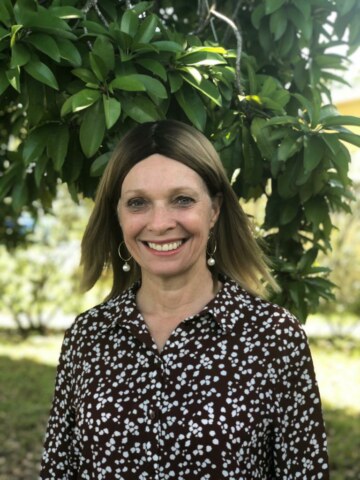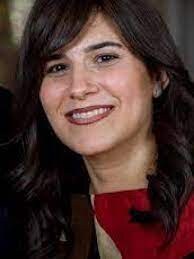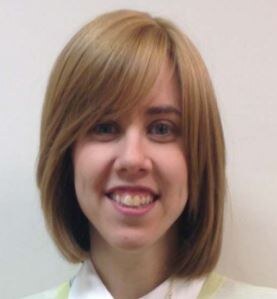Giving Feedback: A Webinar for Supervisors
Sage Guidance: Exploring a Learner Centered Approach to Teaching Gemara
This webinar will propose a learner-centered approach to teaching Talmud to “New to Gemara” students. Explore how you can scaffold chavruta time so that students can wrestle with the text prior to the teacher reviewing and “teaching” the material. This methodology will …

Learning Gemara- A Task Analysis
Learning Gemara is a complex task involving many cognitive functions and academic skills. Lack of experience or a deficiency in any one of these functions or skills can make the experience of learning Gemara an overwhelming task for a student. In this …

An Orton Gillingham Approach for Teaching Hebrew Decoding
According to research, more than 50% of all struggling readers are not diagnosed with any specific disabilities. Begin to learn how to help them decode Hebrew using a multi-sensory, phonetic approach based on the Orton Gillingham method of instruction. This is an …

Touchpoints in Jewish Life: How Jewish Milestones Match Up With Child Development
In recent years, bestselling authors have published book after book in the pursuit of supporting parents. As a Jewish community, we have the opportunity to tap into the ancient wisdom that Judaism offers into the process of growing up in very real …

Project Based Learning in the Judaic Studies Classroom
What is project-based learning? How is it planned and implemented? What place does it have in Jewish Day schools, especially in the Limudei Kodesh classroom? This webinar will present the pros and cons of using PBL, and share real-life examples from Jewish …

Strategies for Hebrew Reading Comprehension
In this session we will look into the objectives of Hebrew reading comprehension and the different genres of texts we should expose our students to. We use the UBD method (Understanding By Design) in order to examine different strategies that promote comprehension …

Millim, Millim: Supporting students as they acquire and strengthen their Hebrew Vocabulary Skills
Vocabulary is the basis for language acquisition. In this webinar, participants will learn a variety of ways to enhance Hebrew vocabulary instruction. They will be exposed to methods that help learners remember words and authentic formats for implementing usage of the new …

Kriah Strategies for All
Angie will be presenting research-based lesson ideas and tools and share web-based learning programs that support the development of Hebrew decoding for students. These ideas are based on her own practice working with students with language-based learning disabilities, where she has …

Making Chumash Come Alive in a Classroom of Diverse Learners
Teachers have to teach Chumash skills to diverse learners, so one-size-fits-all strategies do not always work. In this practical and creative workshop, learn about ways of teaching all of your students the skills they need to master the Chumash lesson, ways to …

Making Tefilla More Meaningful for Children
Help your students and children find their own meaning in tefilla and establish stronger connections to their davening. During this webinar you will gain a better understanding of the development of prayer in children and adolescents and be provided with some practical …

Planning Judaic Studies Lessons for all Learners: How Understanding Neurodevelopment Helps you Reach all Students
What neurodevelopmental demands are made on a child when we ask them to find and put their finger on the place in a Chumash , read and translate a Pasuk? What strategies can be employed for students who have challenges in attention, …

The Art of Teaching Rashi to the Struggling Student: Demands and Strategies
What do we expect from our students when teaching Rashi in the elementary school classroom? What demands and expectations are built into a child’s decoding and comprehension of Rashi and where are the breakdowns for children who struggle? This webinar examines the …

Core Classroom Practices in Judaic and General Studies that Reflect an Appreciation for All Kinds of Learners in the Classroom
Good teaching utilizes a number of core instructional techniques to manage individual student difference in the classroom. By identifying and utilizing these core strategies, and understanding their neurodevelopment underpinnings, both targeted individual students and whole classes will benefit.

Kriyah: Developing an Effective Management Plan for Building Kriyah Skills
By understanding the neurodevelopmental demands of Kriyah, participants will be able to pinpoint specific weaknesses and develop a comprehensive management plan for building skills. Considerations for second language learning (decoding only) will also be discussed.
